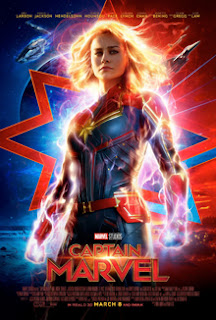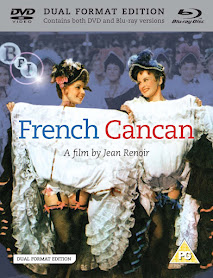Toma; drama, Serbia, 2021; D: Dragan Bjelogrlić, Zoran Lisinac, S: Milan Marić, Tamara Dragičević, Petar Benčina, Andrija Kuzmanović, Marko Janketić, Ivan Zekić, Srđan Todorović, Milena Radulović
"Happy people don't write songs". The life of folk singer Toma Zdravković (1 9 3 8-1 9 9 1): as a lad, he worked in Leskovac as a waiter, but then met famous singer Silvana Armenulić, who came for a guest concert at his tavern, and they teamed up to sing together, with success. They repeat that in Tuzla. Toma falls in love with her, but she leaves without saying goodbye to work abroad, where she marries Radmilo. Toma meets Nada when he was a judge at a Miss Beauty pageant, and they get married. Nada cheats on him, so Toma divorces her and goes to Chicago to sing Italian and Spanish songs at local pubs. Silvana phones Toma to inform him of her upcoming American tour, but dies in a car accident. A disappointed Toma spends numerous nights gambling, drinking alcohol and smoking. He marries Gordana, they get a child and return back to Yugoslavia. Toma is diagnosed with cancer, but continues his tour as the Yugoslav Wars are about to ignite. He dies.
A biopic about singer Toma Zdravkovic—a rare and unusal subgenre among the post-Yugoslav countries—became a surprise hit in the area (over 600,000 tickets sold in Serbia and Bosnia) because of the nostalgia factor for those folk singers from the 70s and 80s, and is an overall good an honest little film, but it is still more interesting emotionally than cinematically or stylistically. The tragic story of its title hero, who rose through the ranks from being a waiter to one of the most sucessful singers in Yugoslavia, yet was broken from his unrequited love from Silvana Armenulic, is gripping, fluent, dramatic and touching, since Toma was a hedonist, but ultimately a man with a pure heart, and the main actor Milan Maric delivered an excellent performance. While conventional in its storyline, "Toma" has several memorable quotes which stay in your head. In one humorous scene, while waking up in the hospital after collapsing after a concert, the Doctor asks: "Are you married?", and Toma is quick to reply: "If that's what wrong with me, I am willing to immediately get divorced, doc!" A different, more somber moment has Toma explaining to the Doctor: "It doesn't matter how long your life is. It's how much life you insert into each day." The Doctor undergoes an amazing transformation, from the standard type who discourages Toma from doing a concert due to his bad health, up to the Doctor being the main catalyst of urging Toma to never stop doing new concerts, knowing that they are the only thing still giving him the will to go on and live. After Doctor's wife dies from a terminal illness, he says to Toma: "She wanted to have kids, but I said that there is time for that. Now I know there is never time." As Toma's health was deteriorating in the 90s, so was Yugoslavia as a state, drawing a parallel of the end of times and the cycle of change.
Grade:++










